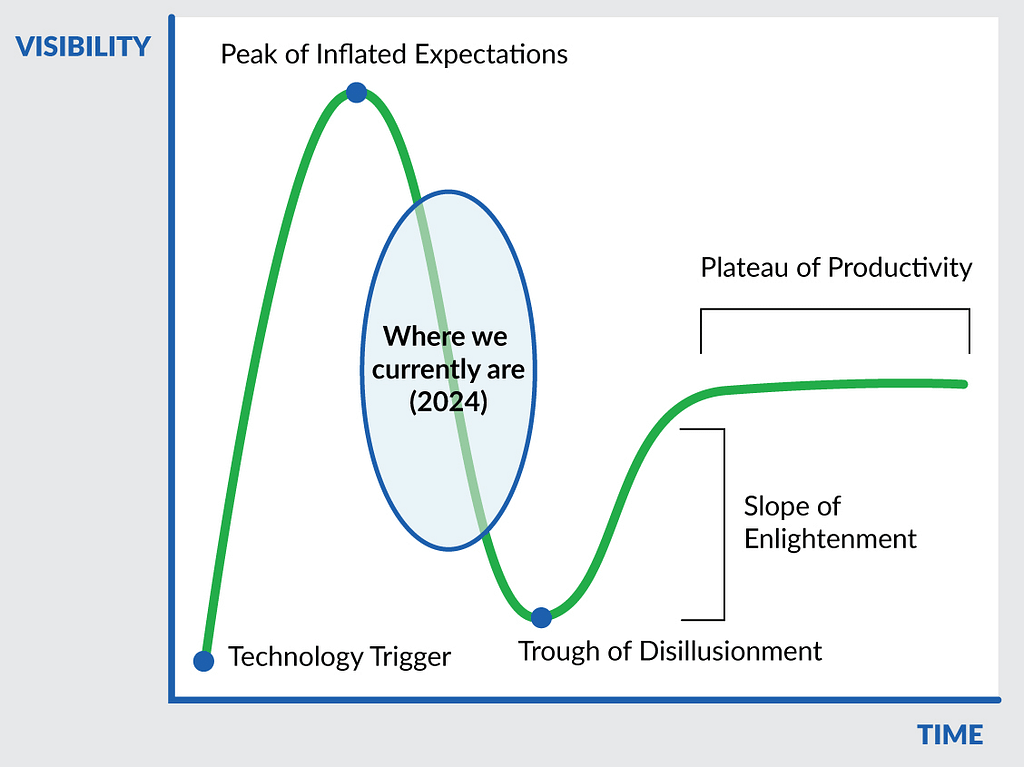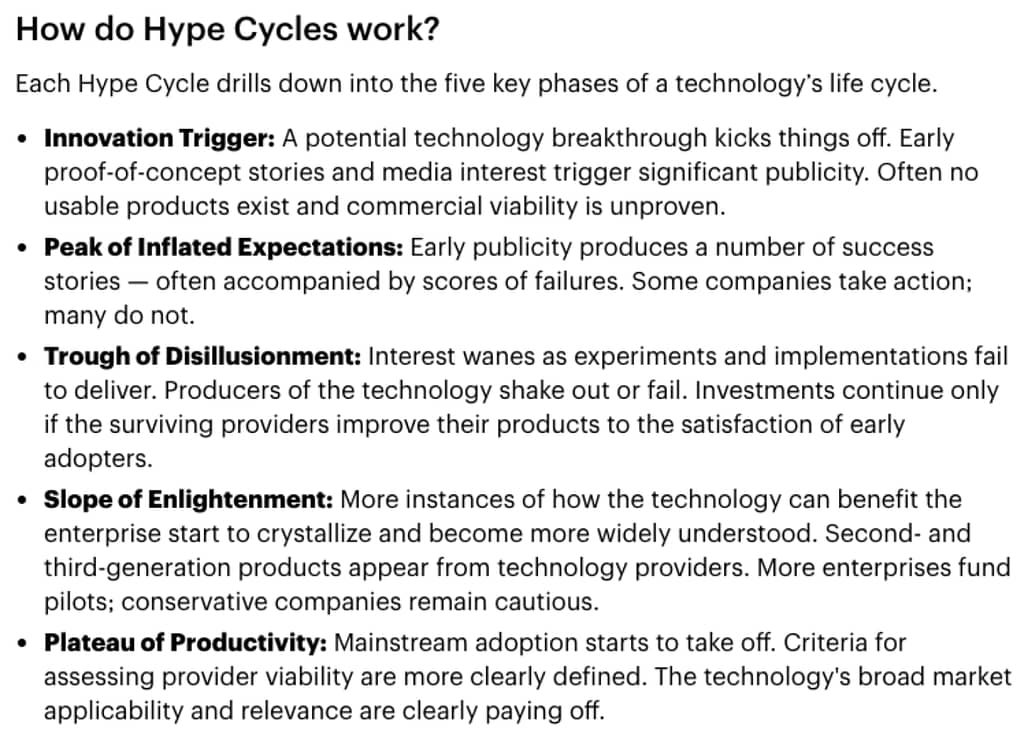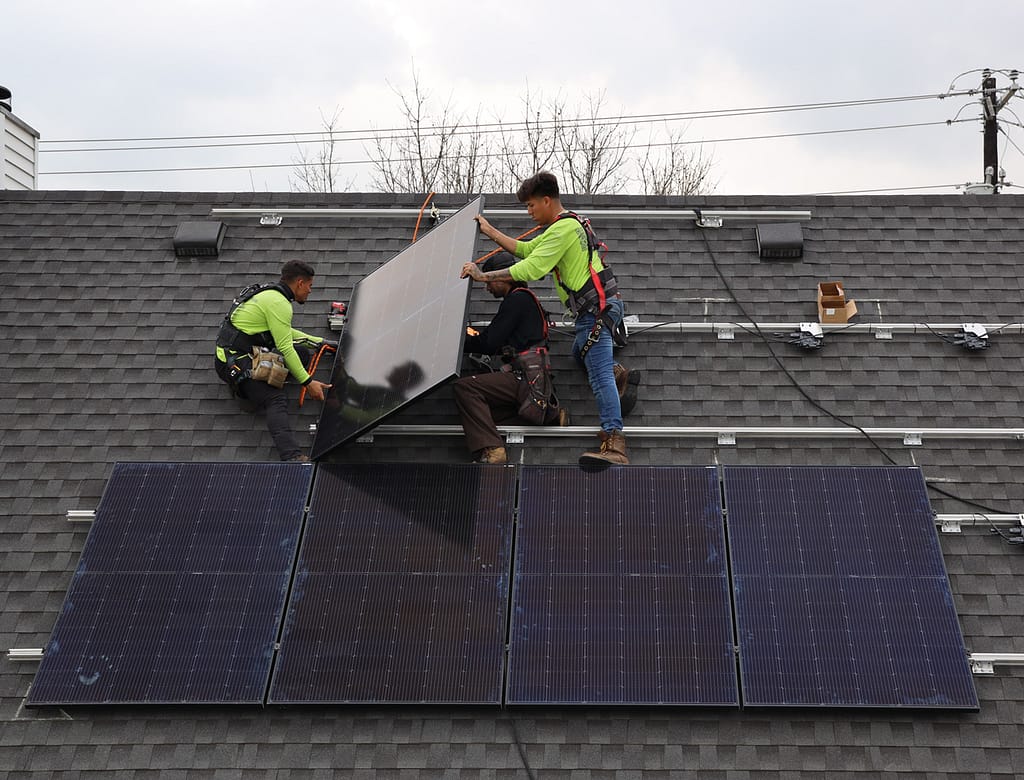Solar Scams: Truths and Pitfalls of Solar Energy
The U.S. solar market’s growth has attracted unscrupulous companies that exploit consumers with false savings claims and fraud. Misleading sales tactics cause confusion and mistrust, but thorough research can help homeowners avoid scams and benefit from solar energy.
Over the last decade, the U.S. residential solar market has seen explosive growth, largely due to the declining costs of solar modules, government tax credits, and more accessible financial options that helped the public adopt solar energy.
As with all booming industries, good and bad players emerged from the rubble to claim their share of the market. The good players try to invent what “good” looks like everyday, while the bad ones are staining the industry in permanent ways- leaving solar customers disappointed, frustrated, and oftentimes, in a pile of debt.
It can start with a door knock, or a “Get Free Solar Panels from the Government” online ad. It could also be a cold call selling you on scheduling a “Free Energy Audit”, claiming they were with their local utility company. These sales tactics, whether you believe in them or not, became extremely effective ways to sell uninformed clients a high-ticket item.
Needless to say, this has caused mass confusion among people evaluating solar, hearing stark distinctions between those who had great experiences, and others with horror stories. So why the mixed results, and why so extreme? How can one person be so pro-solar and battery, and another despise it with every ounce of their existence?
Studying the “Gartner Hype Cycle”- a graphic representation that represents maturity, adoption, and social application of specific technologies- is imperative to understanding where the Solar Industry is today. As an estimation, we’ve surpassed the “Peak of Inflated Expectations, and headed on a downward spiral towards the “Trough of Disillusionment” (See Gartner Hype Cycle).
Gartner Hype Cycle


Source: https://gartner.com/en/research/methodologies/gartner-hype-cycle
With that context in mind, let’s take a look at some of the issues that have gotten us here:
Exaggerated Savings
Buying solar for your home is a big investment, and most people get sold on the idea of saving money by going solar. This is positioned by many sales reps as a “Bill Swap”, or in other words, paying less on a monthly solar loan payment than your monthly electricity bill. The issue is that the sales rep hasn’t performed an accurate analysis of how your utility charges you for electricity nor how they compensate you for excess (solar) electricity (learn more about net-metering in Texas). They’ve also cut corners on running an accurate solar production model by overestimating the amount of solar energy that can be generated by a system. When production is miscalculated, so are the resulting savings!
It’s not until a few months after your system gets energized that you realize all of this and by that point- poof- they’re gone! You’re now stuck with higher monthly payments than before, and you’re telling everyone on the block to steer clear of solar companies.
Permitting Fraud
Installing solar panels on your home requires pulling permits with the City, Utility, and HOA (if you live in one). A lot of horror stories can be traced back to solar companies committing permitting fraud by choosing not to pull permits and complete approvals with one or more of these regulatory parties, with the homeowner finding out only after they’ve been penalized by their Utility or City Building department. Solar installations must abide by building, fire, and electrical code standards set by these authorities. Being left stranded to deal with these regulatory bodies on your own can be a nightmare, especially if your installation was done incorrectly and your installer is MIA. You may be coming out of pocket to have these issues resolved, sinking more money into an already big-ticket purchase.
Loan Fraud
While not as prevalent, some solar sales professionals have gone so far as to sign contracts on behalf of vulnerable customers, like the elderly or non-native English speakers. Some have even signed loan agreements on behalf of people that were deceased. Buying a solar loan can sometimes feel like walking into a used car dealership. The sales person isn’t really trying to solve a problem, or meet your needs, they’re gauging how much money you can afford to spend on a monthly solar loan so they can attempt to maximize their commissions.
Explanation of Tax Credits
This a big one- the proper explanation of the tax credit, not rebate, but a dollar for dollar credit against your tax liability. This makes a huge difference. If you don’t have enough taxable income, you’ll never have a tax liability and more than likely never be able to take advantage of this benefit. It’s an awful, and sometimes life-changing experience, when a low wage earner gets scammed into thinking they are getting all these financial benefits, when in reality, it’s the complete opposite. A lot of time they think this is a rebate check coming in the mail that will help them buy down their loan and maintain lower monthly payments. Instead, the check never shows up, the monthly payment on their solar loan increases in 18 months, and you’re cursing every solar company and their mother’s existence.
Lack of Sales Regulation
Solar sales reps aren’t required to be licensed, although they are brokering financial instruments and selling major home remodeling projects. Selling solar requires having the capacity to consult on multiple fronts, including but not limited to:
- Energy Consulting: How much energy your home or business consumes, how the bill is broken down, and how much value you can get from sending surplus solar to the grid?
- Loan Consulting: What loan makes the most sense for your household? There are a plethora of products out there, choosing the right one for your needs is essential to a good experience.
- Construction Consulting: Holes are being drilled in your roof, live wire is being run across your attic, and connections are being made in your electric panel. A good solar sales rep can properly explain how the panels will be structurally attached to the roof, how the electrical connections will be made, and what construction considerations to be aware of.
- Project Management Consulting: The solar project delivery cycle is obnoxiously long, so the proper post-sale expectations need to be set by the sales rep around how long the job will take to complete, and what to look out for post installation.
- Backup Power Consulting: Many folks want backup power coupled with their solar systems, like a generator or battery backup. Most sales reps in solar aren’t knowledgeable on backup power systems because they are more engineering intensive and require a deeper understanding of field-application.
With all the nuances around net-metering, technical power specs, estimated energy yield and savings, tax benefits, and more, it’s clear why there are so many unhappy, unsatisfied solar customers- because of the lack of regulation and licensing required to sell these systems.
The Solution:
It’s my personal belief that the homeowner-installer relationship in the solar industry has never been more important than it is today. With the amount of new solar companies springing up by the day, there is an ungodly amount of misinformation, inaccurate representations, and downright unethical behaviors from solar sales bros spreading like wildfire throughout the state of Texas. In my 10 years of doing solar and storage, I’ve never seen a prospect base as suspect and skeptical of solar as I see today.
So why are so many solar customers hell bent on finding the cheapest solar installer? “Solar is a commodity”, they say. However, the quality of your installation isn’t. The accuracy of your initial proposal isn’t either. And most importantly, the service after the install can be the key differentiator between an extremely positive solar experience and an extremely negative one.
To all the solar sales vultures out there, I implore you to do better. Get educated. Underpromise and overdeliver. I’m not talking to all of you, but you know who you are. You’re doing us all a disservice when you brag about how much money you made by ripping people off.
Choosing the Right Local Solar Company
To all the solar prospects out there, please, do your due diligence. Stop claiming solar is a commodity, because if it was, you could walk into Walmart and buy an installation. Pick an installer you have confidence will honor the promises and warranties they make, have a deep conviction in the products and services they’re offering, and choose one you want to have a 25-year relationship with.

Solar isn’t a scam, and solar can definitely be worth it, so long as you choose the right installer relationship, and ensure you’ve done your due diligence and homework before you sign any paperwork.
Choose a trusted solar installer by researching their active licenses, certifications, BBB status, verified credentials, legitimate reviews, and by doing your own homeowner. An installer you can trust is Good Faith Energy we’re a company that has been in the business for 10 years. We have the highest rated reviews in the state of Texas with over 452 5-star reviews, and have nationally recognized and distinguished accreditations. Call us today for a free, no obligation, no hassle quote for solar and battery backup for your home.
Fact checked by Jacob Petrosky – 4/26/2024
